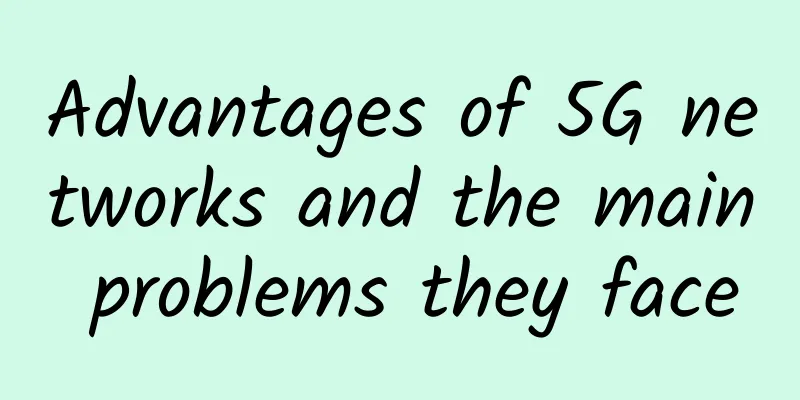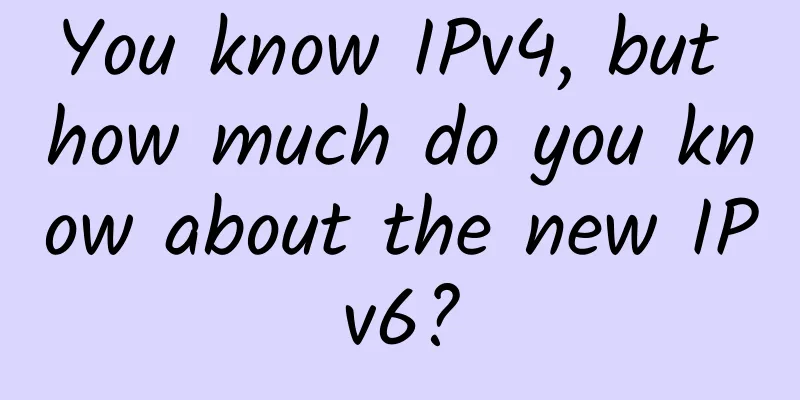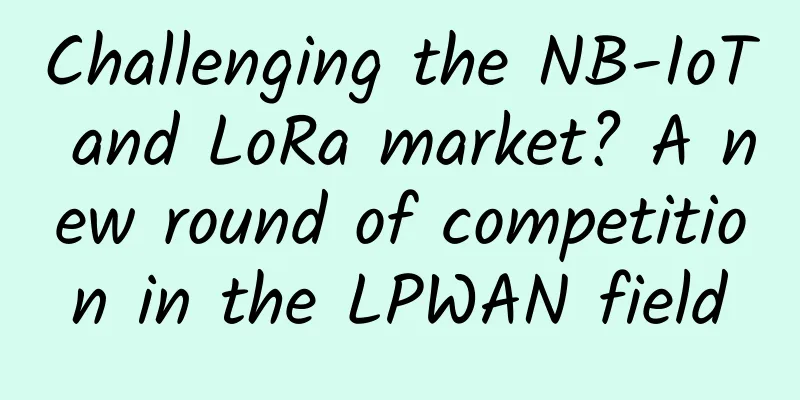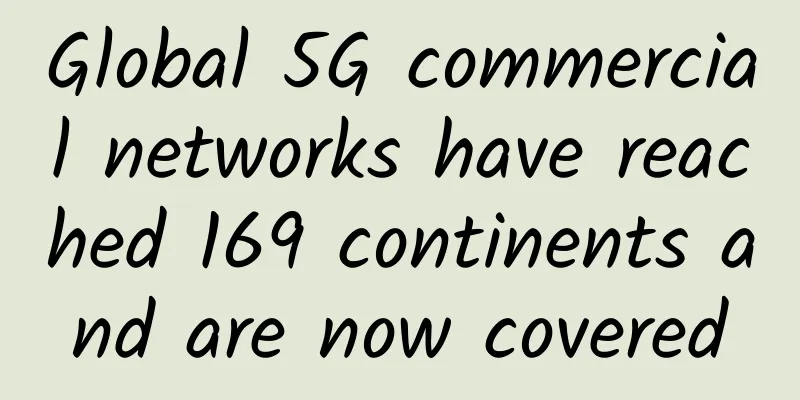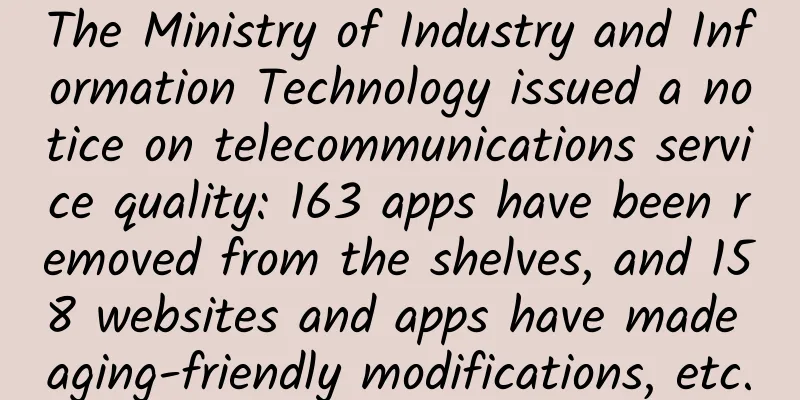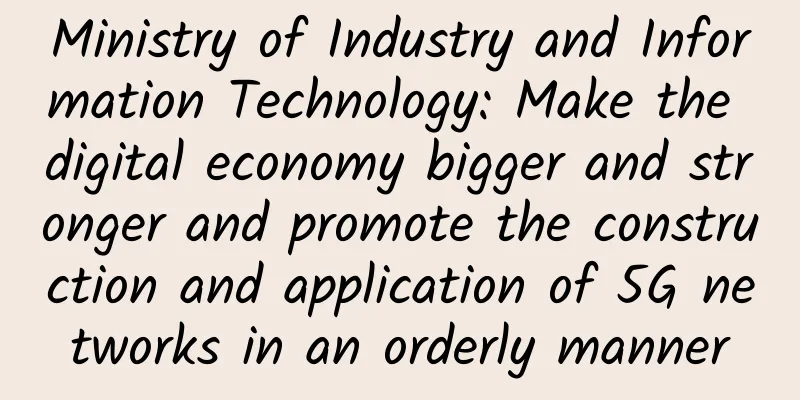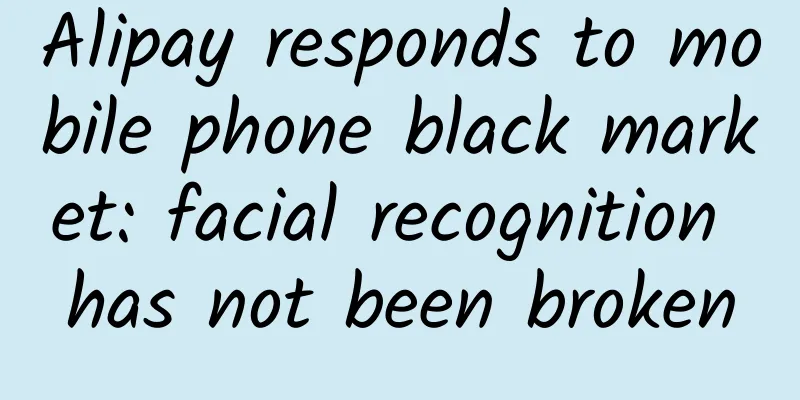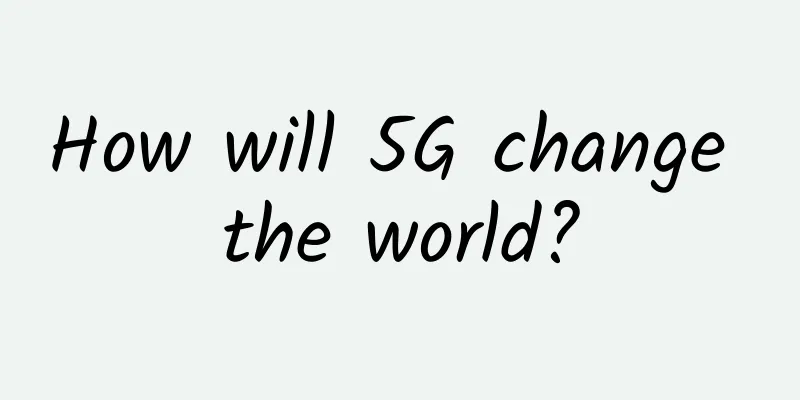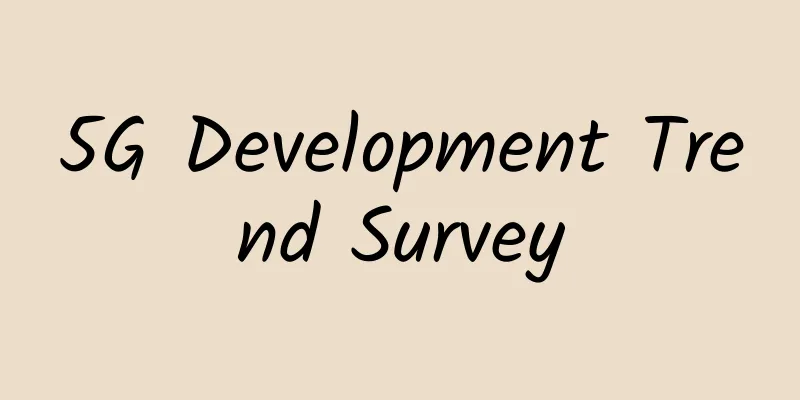Will RCS, which Google is pushing so hard, replace SMS? What can it do?
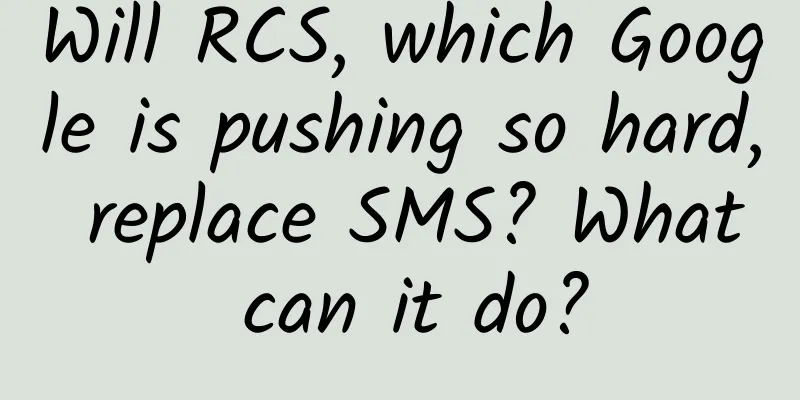
|
Google Messages uses the RCS protocol, which has recently become the default choice for all Android users. In other words, unless Android users actively abandon RCS and stick to SMS, RCS will become their default choice. So what exactly is RCS? Who benefits from it? Which devices support it? Let's find out. What is RCS?RCS is the abbreviation of "Rich Communication Services". Compared with traditional SMS or MMS messages, it can provide a richer and better communication experience. Messages will be sent via Wi-Fi or mobile data according to the RCS protocol. In short, RCS is equivalent to an upgraded version of SMS and MMS. The biggest improvement is that it allows users to send high-definition pictures, videos, and GIFs. In addition to regular text messages, RCS can also send a variety of files. In addition, when sending messages using RCS, the content will show when it was sent, when it was read by the other party, and you can also see when others are typing. In fact, such a function is not rare, Apple iMessage, WhatsApp, and WeChat all have it. It's just that they are all App-level - Google wants to upgrade it to device-level. Google Messages App uses RCS. Recently, Google upgraded the end-to-end encryption system of RCS. Whether it is a one-on-one chat or a group chat, the level of privacy will be improved after encryption. Therefore, rather than saying that RCS is an information service, it is more like a protocol used to deliver richer information. Which devices support RCS?If you want to send RCS messages now, you must install the Google Messages app, which is currently only supported by Android devices, such as Google Pixel 7, Samsung Galaxy S23 and other high-end Android phones. RCS is not only selective about mobile phones, but also about regions. It cannot be sent to areas that do not support Google Messages, and it cannot be sent in China. Google seems to want to get Apple on board and get it to support RCS, but Apple doesn't seem interested. This may be because iMessage has all the features provided by RCS, and iMessage is controlled by Apple. If Apple supports RCS, its control over the platform will decline. Therefore, if you have Google Messages installed on your phone, the RCS feature is turned on by default. If you don't want to use RCS, you can turn it off manually in the settings. Will RCS replace SMS?Not yet. Google Messages has RCS turned on by default, but if your device's Wi-Fi or mobile data connection is poor, you still need to choose to use SMS. Operators generally have restrictions on sending text messages, such as how many messages you can send within your plan, and additional charges will be incurred if you exceed the limit. However, sending messages using RCS only consumes data flow, not the number of text messages. It sounds like this is a war between the Internet and telecom operators. Google is also trying hard to win the support of telecom operators. AT&T in the United States has already started using Google RCS. Google certainly hopes that Apple's iPhone will also support RCS, but Apple is not interested, and iPhone users may not care. The mobile phone industry is divided into two camps, Android and iOS, but users of the two camps have no difficulty communicating with each other, because on the iPhone, they may use iMessage, and on Android, they may use WhatsApp - they are all based on Internet protocols, so there is no barrier to communication. In fact, nowadays, family and friends rarely communicate with each other by text messages, which have basically been replaced by chat software, especially WeChat in China, which has basically replaced the text message function. From the perspective of industry development, future communications will be determined by three technologies: RCS, WebRTC and APIs. RCS is the next generation of SMS, and it mainly innovates mobile messaging. WebRTC is specifically designed for real-time communication in web browsers. It allows users to communicate with audio and video, supports file sharing, and can make calls without installing any software or plug-ins. Google Hangouts and Facebook Messenger already support WebRTC. APIs set some specifications so that different software can communicate with each other. Judging from the general trend, it is logical for Google, the representative of the Internet camp, to come out and support RCS. However, if RCS wants to replace SMS, it still needs the recognition of other parties including Apple and operators. (Xiaodao) |
<<: Can 5G RedCap technology help operators regain confidence?
Recommend
Overview of Telecommunications Industry Development in 2017
The telecommunications industry is a hot field th...
How wireless technology is changing the world
How does wireless charging technology work? Befor...
HostYun: Hong Kong/Korea/Japan/US VPS monthly payment starts from 16 yuan, optional CN2 GIA line, AMD+NVMe high performance, etc.
HostYun is a Chinese VPS host provider that focus...
Deeply cultivating integrated streaming media solutions, Yunfan Acceleration CDN obtains license from the Ministry of Industry and Information Technology
On September 6, the Ministry of Industry and Info...
When 5G meets new infrastructure, how will edge computing develop?
Edge computing has become one of the hottest tech...
Contabo: $6.99/month KVM-8GB/200G SSD/200M unlimited traffic/Germany, the United States, and Singapore data centers
Contabo is a long-established German hosting comp...
Gigsgigscloud adds Los Angeles international line 1-10Gbps bandwidth VPS monthly payment starts from $5
Gigsgigscloud recently launched the Los Angeles L...
ColoCrossing US VPS 50% off/Bare Metal Cloud 35% off, $1.97/month-1GB/25G SSD/20TB@1Gbps
ColoCrossing Easter promotion has started, with 5...
Top 10 5G Industry Practice Benchmarks in 2022
In 2022, 5G construction has made breakthrough pr...
As 5G applications take root in various industries, how can we create healthy competition?
When it comes to 5G networks, the first perceptio...
How long will it take for 5G small base stations to "take off"?
In the era of rapid changes in information and co...
DiyVM: Hong Kong dedicated server from 499 yuan/month, Japan/US/Hong Kong VPS from 50 yuan/month
DiyVM is a Chinese hosting company founded in 200...
Talk about how 5G and AI work together from the perspective of 5 major industry applications
As new technologies continue to emerge, more and ...
Detailed Explanation of IPv6 MSTP
Background of MSTP RSTP is an improvement on STP,...
